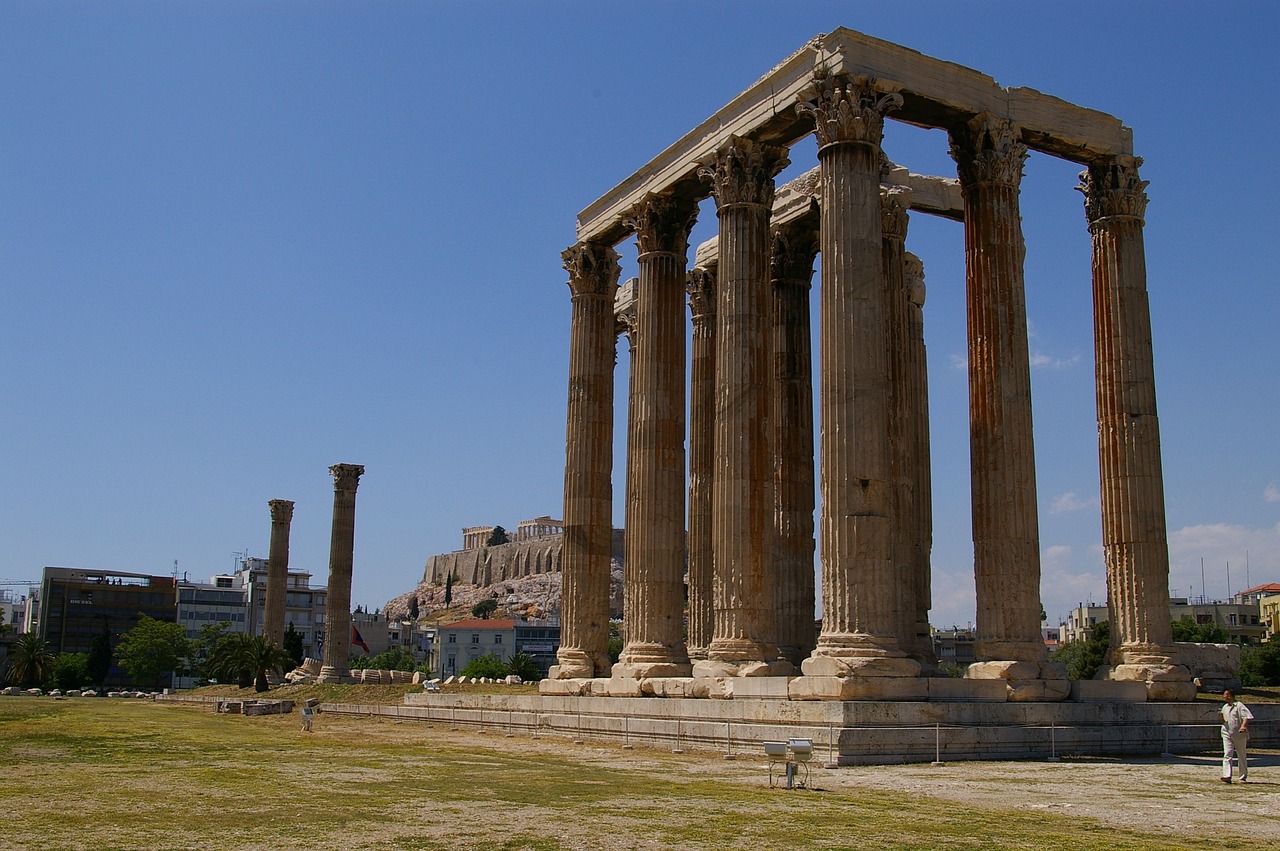Unveiling the Splendor of Zeus: A Journey Into the Realm of the Divine Ruler
In the expansive world of Greek mythology, few deities are as esteemed or impressive as Zeus, the formidable monarch of the Olympian pantheon. Armed with thunderbolts and unparalleled authority, Zeus governs the skies, influencing the fates of both celestial beings and humans. Embark on an exploration of Zeus’s mystique as we reveal his symbols, abilities, connections, and legendary tales.
Symbols of Zeus
Zeus is frequently portrayed holding a thunderbolt, symbolizing his control over the heavens and the natural world. The eagle further embodies his role as the highest power, representing sovereignty and grandeur. The oak tree also serves as a significant representation of Zeus, indicating strength, endurance, and resilience.
Key Symbols:
- Thunderbolt
- Eagle
- Oak Tree
Powers of Zeus
As the foremost deity atop Mount Olympus, Zeus wields a variety of overwhelming powers. He can command the weather, conjuring thunderstorms, lightning, and fierce storms at his discretion. Furthermore, Zeus is recognized for his capacity to change form, allowing him to engage with both mortals and gods in various guises. He also governs the domains of fate and justice, maintaining order and harmony in the universe.
Relationships with Other Deities
Zeus’s lineage is a complex tapestry woven with divine tales and conflicts. He is the offspring of Cronus and Rhea and shares familial ties with Poseidon, Hades, Hera, Demeter, and Hestia. The turbulent dynamics with his siblings and progenitors provide the backdrop for numerous Greek legends, characterized by rebellion, treachery, and celestial struggles.
Offspring and Consorts
The romantic endeavors of Zeus are legendary, resulting in a multitude of progeny with both mortal and divine figures. Notables among his offspring include Athena, Apollo, Artemis, Hermes, Persephone, Dionysus, and Hercules. His numerous liaisons often incited the jealousy of his wife Hera, who would then enact revenge on his lovers and their descendants.
The Origins of Zeus
Per Greek lore, Zeus’s origins trace back to the island of Crete, where his mother Rhea hid him from his father Cronus, who was paranoid about being dethroned by his children. Raised in obscurity, Zeus ultimately overthrew Cronus and the Titans, claiming his position as the supreme deity.
Mythological Battles
Zeus’s rule was marked by numerous conflicts, facing both external adversaries and rebellions from within. Among the most notable wars are the Titanomachy—a fierce battle against the Titans—and the Gigantomachy, an ordeal against the formidable Giants. Furthermore, Zeus clashed with the monstrous Typhon in an epic confrontation that rocked the earth itself.
In summary, Zeus remains an iconic figure in Greek mythology, representing the captivating power and intricacy of the divine. His rule over the skies, stormy relationships, and legendary confrontations underscore a legacy that continues to resonate within the rich fabric of ancient myths. As we forge ahead, we invite you to further immerse yourself in the colorful narratives of Greek mythology, where the realms of gods, heroes, and mythical beasts entwine.



